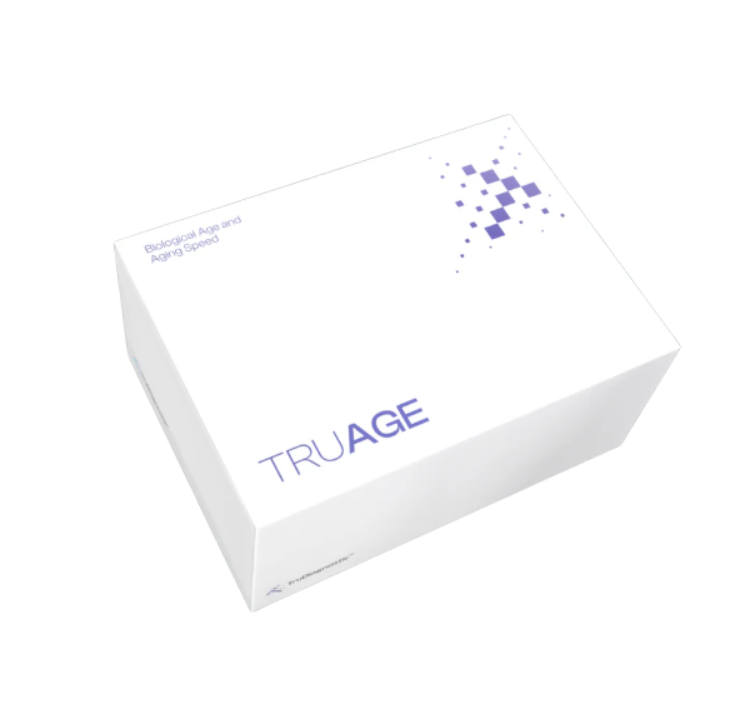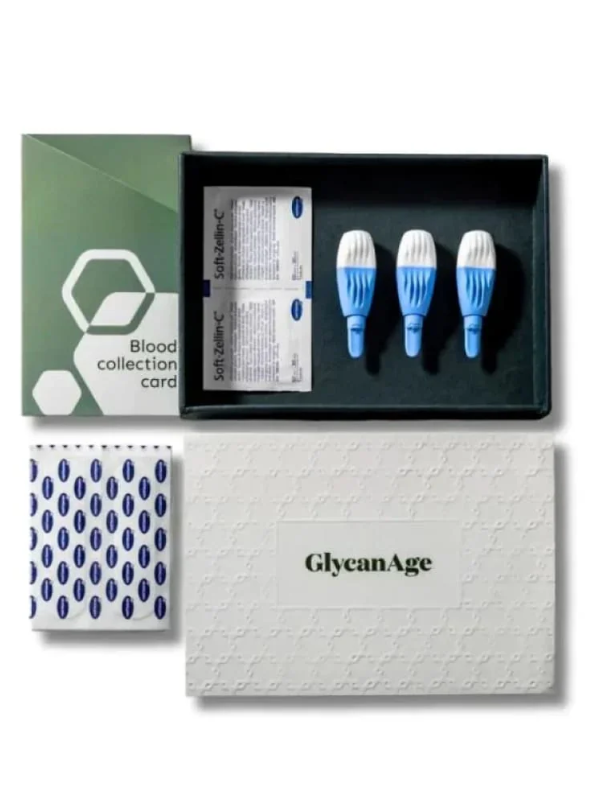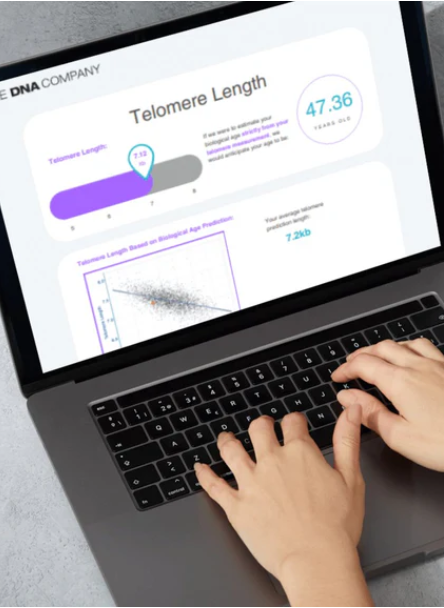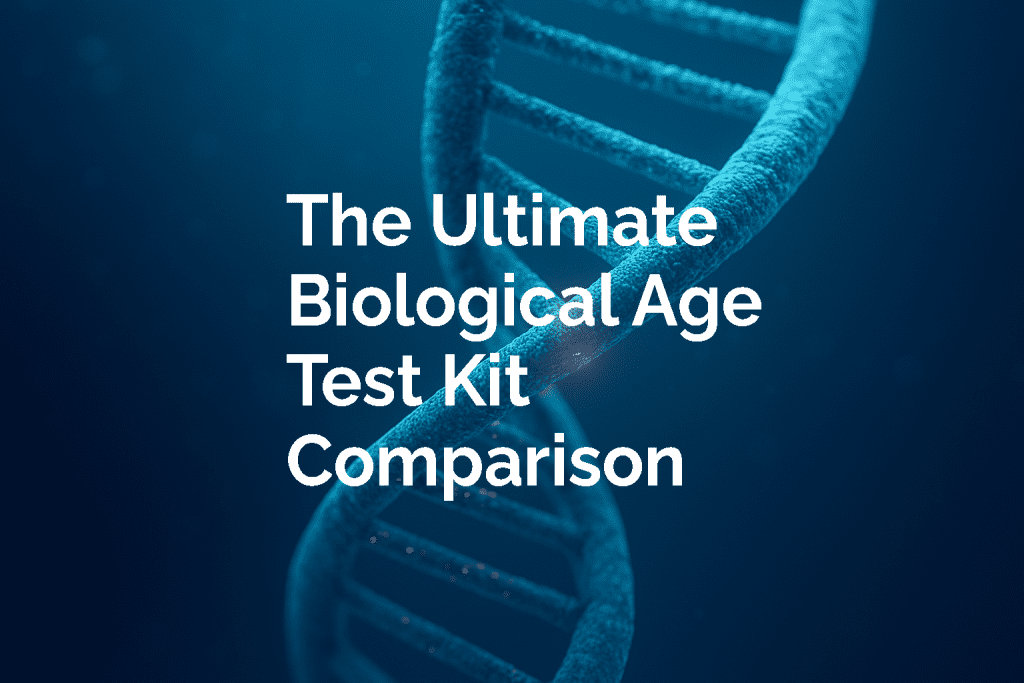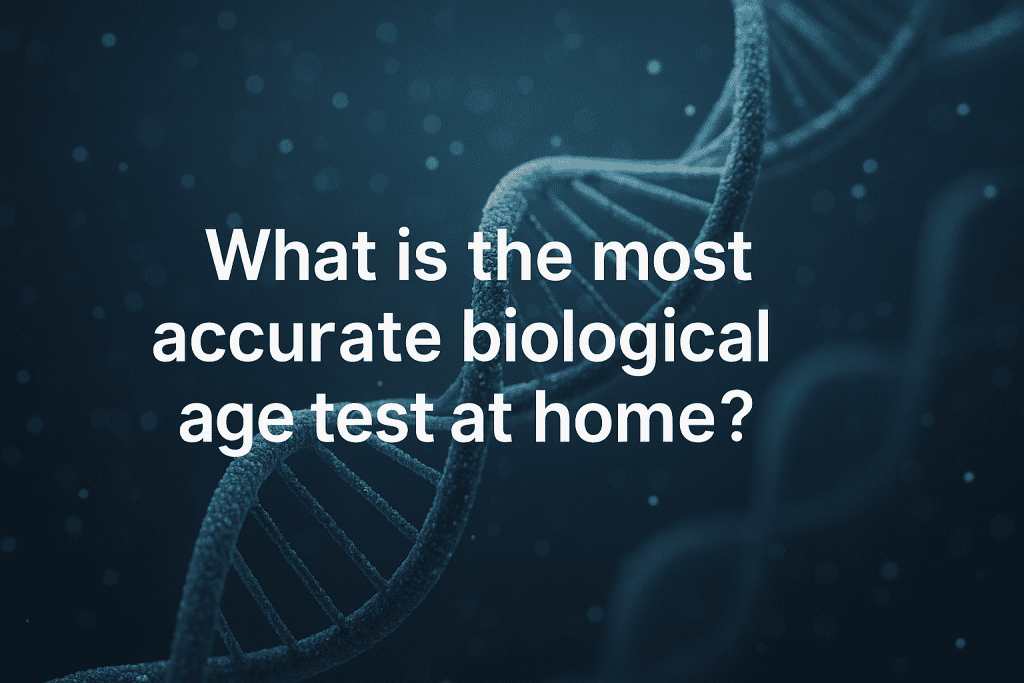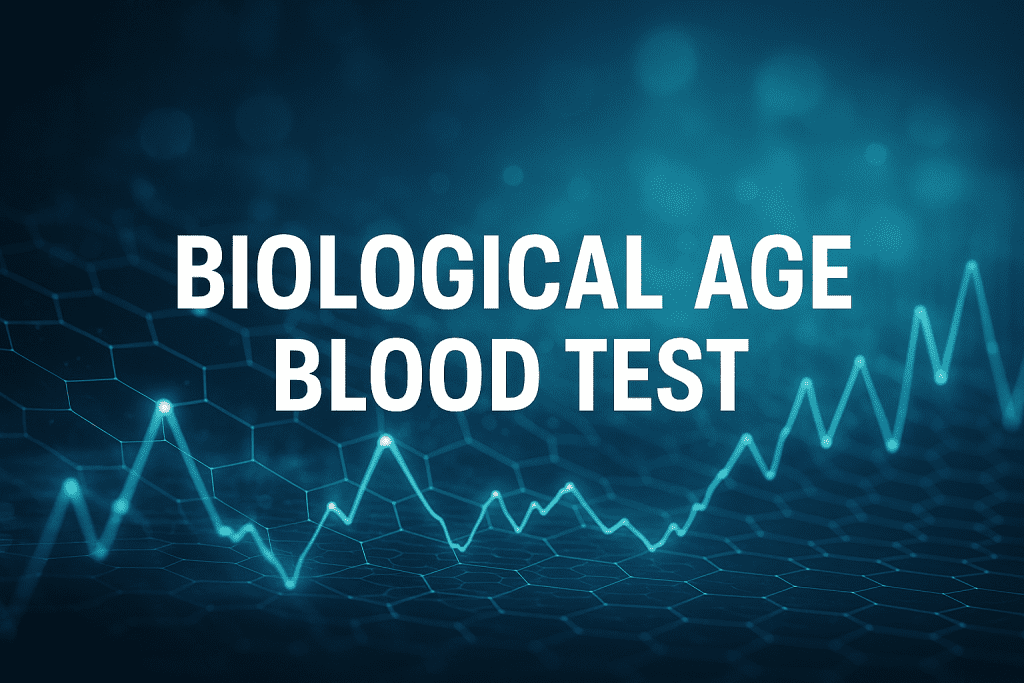
What Is a Biological Age Blood Test?
Your biological age isn’t about candles on a birthday cake: it’s about how your body is actually aging on the inside. A biological age blood test gives you a real-time snapshot of your body’s cellular health, inflammation, and aging pace. It can show if your body is aging faster or slower than your chronological age.
✨ These tests don’t just guess. They use DNA methylation, inflammatory biomarkers, and AI-powered aging algorithms to give precise insights into your current health and long-term risks. In short: if you’re into longevity, prevention, or optimization, this is your starting point.
Table of Contents
🧬 Why Blood Tests Beat Saliva or Cheek Swabs
Most biological age tests use either blood, saliva, or cheek swabs. Here’s why blood tests come out on top:
✅ Blood contains more accurate methylation data than saliva or cheek cells
✅ Biomarkers like inflammation and telomere length can only be measured in blood
✅ Long-term aging studies like DunedinPACE are validated using blood samples
Saliva or cheek swabs are easier, but if you want precision, blood is better. That’s why David Sinclair’s epigenetic test research, and most longevity science, focuses on blood-based methylation markers.
🧪 What Do These Tests Measure?
Different tests measure different things, but the best biological age blood tests usually include:
- DNA Methylation (e.g. Horvath, DunedinPACE clocks)
- Telomere Length (linked to cellular aging)
- Immune System Age (via glycans or inflammation markers)
- Pace of Aging (how fast you’re aging today)
- Organ-Level Age (some offer liver, brain, or immune system age)
Some even include genetic insights like APOE or MTHFR, which are linked to Alzheimer’s or methylation efficiency.
💥 The Kardashians Took It Too
In 2024, Khloe and Kim Kardashian publicly revealed their biological age test results using TruAge. Their test used the DunedinPACE algorithm, the same one used in cutting-edge aging research from Yale and Duke.
It caused a buzz online, especially among Reddit’s r/Biohackers and r/PeterAttia followers. If the Kardashians are measuring their aging speed, maybe it’s not just a niche thing anymore.
💸 How Much Does a Biological Age Blood Test Cost?
Here’s a quick guide:
- Basic saliva test: ~$129–$199
- DNA methylation blood test: $299–$499
- Premium DNA + coaching: $399+
Most accurate and actionable tests fall in the $300–$400 range. That’s because advanced algorithms like DunedinPACE require lab-grade methylation sequencing (not just a spit kit). Some tests also qualify for HSA/FSA reimbursement.
🔍 Best Biological Age Blood Tests (Ranked & Reviewed)
🥇 TruAge by TruDiagnostic
- Method: DunedinPACE + Telomere Length
- Sample: Finger-prick blood
- Includes: Biological age, aging pace, organ metrics, AI insights
- Why it wins: Most scientifically validated and celebrity-endorsed
- Price: $499
- Best for: Precision lovers, biohackers, and health professionals
🥈 GlycanAge
- Method: Glycan profiling (immune aging)
- Sample: Finger-prick blood
- Includes: Immune system age, inflammation insights, 1:1 consultation
- Why it’s unique: Tracks inflammation and is highly sensitive to lifestyle
- Price: From $299
- Best for: Stress, menopause, or inflammation tracking
🥉 The DNA Company (DNAging Premium)
- Method: DunedinPACE methylation clock
- Sample: Blood + optional full DNA trait panel
- Includes: Biological age, hormone/detox insights, health coaching
- Why it rocks: Combines DNA function + methylation aging in one plan
- Price: $399
- Best for: People with fatigue, hormonal issues, or lifestyle stress
Some links may be affiliate. We may receive a small fee if you purchase at no extra cost for you.
📈 Real Reviews: What People Say on Reddit
🗨️ “I was shocked. My biological age was 12 years younger than my real age after 6 months of fasting and NMN.” – r/longevity
🗨️ “Tried GlycanAge during perimenopause. It tracked inflammation so well I could see diet impact in 3 months.” – r/Biohackers
🗨️ “I used TruAge before and after a supplement protocol. The aging pace dropped by 0.6. That’s huge.” – r/PeterAttia
Reddit forums are full of users running experiments, comparing results, and tweaking lifestyle based on feedback from these tests.
🧠 What’s the Point of Knowing Your Biological Age?
- Motivation: See if your workouts, supplements, or fasting are working
- Prevention: Spot early signs of chronic disease risk or inflammation
- Tracking: Biohackers can monitor changes every 3–6 months
- Longevity: Reverse your biological age and potentially extend your healthspan
✅ How to Choose the Right Test
| Feature | TruAge | GlycanAge | The DNA Company |
|---|---|---|---|
| Sample Type | Blood (finger prick) | Blood (finger prick) | Saliva + Blood |
| Aging Clock | DunedinPACE + SYMPHONYAge + OMICmAge | IgG Glycan Profile | DunedinPACE |
| Telomere Data | ✅ Included | ❌ Not Included | ❌ Not Included |
| Immune Age | ✅ Yes | ✅ Core Focus | ✅ Lifestyle Impact |
| Health Coaching | ❌ Not Included | ✅ 1:1 Consult | ✅ Included |
| App or Dashboard | ✅ Yes | ❌ No | ❌ No |
| HSA/FSA Eligible | ✅ Yes | ❌ No | ❌ No |
| Best For | Biohackers & Precision | Inflammation & Lifestyle | Stress, Hormones, Coaching |
| Order Now | Buy TruAge | Buy GlycanAge | Buy DNA Company |
🥇 TruAge
Sample Type: Blood (finger prick)
Aging Clock: DunedinPACE + SYMPHONYAge + OMICmAge
Telomere Data: ✅ Included
Immune Age: ✅ Yes
Health Coaching: ❌ Not Included
App/Dashboard: ✅ Yes
HSA/FSA Eligible: ✅ Yes
Best For: Biohackers & Precision
Buy TruAge🥈 GlycanAge
Sample Type: Blood (finger prick)
Aging Clock: IgG Glycan Profile
Telomere Data: ❌ Not Included
Immune Age: ✅ Core Focus
Health Coaching: ✅ 1:1 Consult
App/Dashboard: ❌ No
HSA/FSA Eligible: ❌ No
Best For: Inflammation & Lifestyle
Buy GlycanAge🥉 The DNA Company
Sample Type: Saliva + Blood
Aging Clock: DunedinPACE
Telomere Data: ❌ Not Included
Immune Age: ✅ Lifestyle Impact
Health Coaching: ✅ Included
App/Dashboard: ❌ No
HSA/FSA Eligible: ❌ No
Best For: Stress, Hormones, Coaching
Buy The DNA CompanyFAQs Biological Age Blood Test Kits
What is a biological age blood test?
A biological age blood test measures how well your body is aging at the cellular level, using biomarkers like DNA methylation, inflammation, and sometimes telomere length. It gives you a snapshot of your “true” age, which may be younger or older than your chronological age depending on your lifestyle, genetics, and environment.
How accurate are biological age blood tests?
Accuracy depends on the test. The most reliable options, like those using the DunedinPACE algorithm or measuring DNA methylation in blood are based on large peer-reviewed studies. Tests like TruAge and The DNA Company use clinically validated science, while others may offer broader wellness indicators but with less precision.
What does a biological age test actually measure?
These tests measure markers like DNA methylation patterns, glycans, telomere length, and immune system activity. Methylation is the most commonly used marker because it reflects how your genes are being expressed, and how fast your body is aging, based on lifestyle, stress, sleep, and diet.
How is biological age calculated from blood?
Blood samples are analyzed for specific DNA methylation sites or other aging-related biomarkers. Algorithms then calculate your biological age and often include an “aging pace” score. Tests like DunedinPACE can estimate how many biological years you’re aging for each calendar year, less than 1 means you’re aging slower.
Which is the best test to check your biological age?
TruAge is often ranked as the best biological age blood test due to its use of DunedinPACE, telomere analysis, and advanced reports. GlycanAge is excellent for those focused on immune health and inflammation, while The DNA Company offers a broader health strategy with coaching and genetic trait reports.
How much does a biological age test cost?
Biological age tests range from $129 to $499, depending on the sample type and complexity. Saliva tests are cheaper but less precise. Blood-based methylation tests like TruAge or The DNA Company are more accurate and typically priced between $349 and $499.
Can a blood test show how fast I’m aging?
Yes. Some advanced biological age tests don’t just give you a number, they calculate your pace of aging. For example, a DunedinPACE result of 0.95 means you’re aging slightly slower than normal. This helps you track progress if you’re changing your diet, supplements, or lifestyle.
What’s the difference between a saliva test and a blood test for biological age?
Saliva tests are easier and more affordable, but they don’t offer the same accuracy. Blood tests access a richer pool of biomarkers and provide better data for methylation and telomere analysis. If you want reliable results, especially for tracking changes over time, blood is the better option.
Are biological age tests legit or just a trend?
They’re legit: if you choose the right one. Academic research has validated several of these tests, especially those using DNA methylation. While they’re still evolving, top tests are grounded in serious science and used by researchers, clinicians, and even celebrities like the Kardashians.
Created by SimplyAntiAging.com’s Editorial Research Team
Reviewed and updated for accuracy in January 2026.

